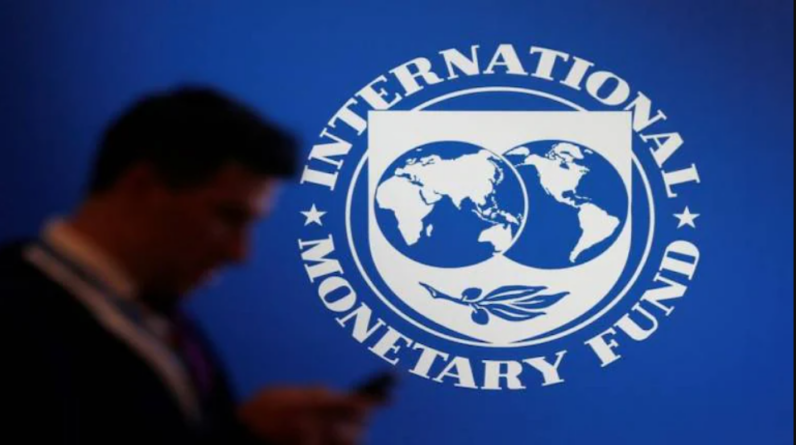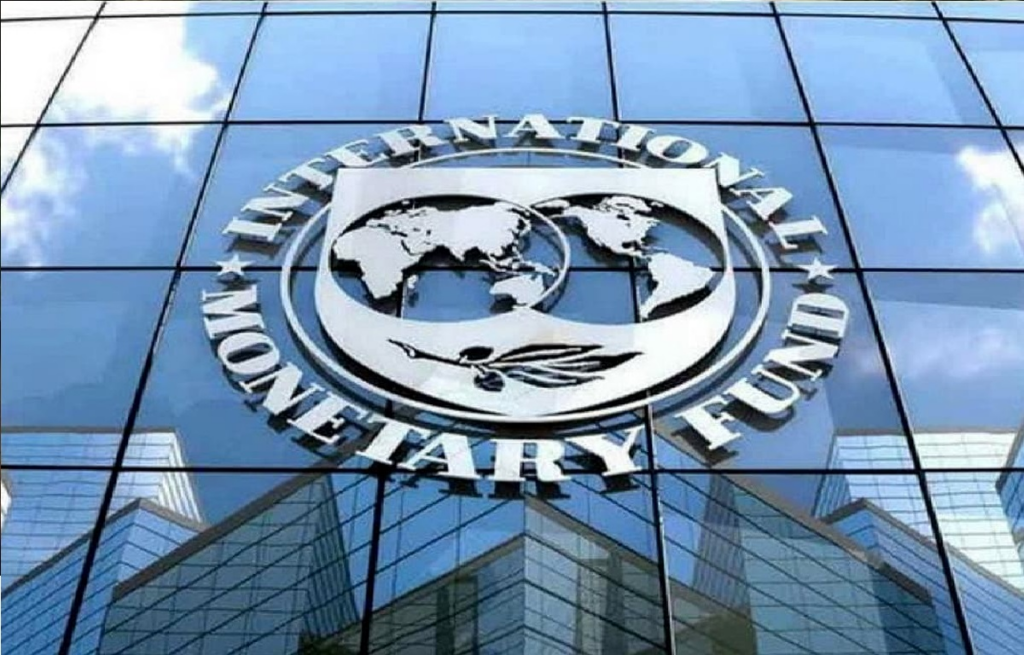
A recent International Monetary Fund (IMF) report predicts that China and India will dominate global GDP growth, followed by the US.
According to the IMF’s World Economic Outlook and Bloomberg’s estimations, China will account for 22.6 percent of global GDP growth, India for 12.9 percent, and the US for 11.3 percent.
China’s contribution to global growth will nearly double that of the US and India. China, India, and the US are followed by Indonesia, Germany, Turkey, and Japan, each contributing less than 3.5 percent to global GDP.

China, India, the US, and Indonesia will account for over half of global growth.
“The baseline forecast is for global growth to fall from 3.4 percent in 2022 to 2.8 percent in 2023 and 3 percent in 2024. From 2.7 percent in 2022 to 1.3 percent in 2023, advanced economies are likely to slow the most. In a possible alternative scenario with more financial sector stress, global growth falls to 2.5 percent in 2023 and advanced economy growth falls below 1 percent.
Global headline inflation in the baseline is expected to fall from 8.7 percent in 2022 to 7.0 percent in 2023 due to decreasing commodity prices, while core inflation is expected to fall more slowly. The research stated that inflation’s return to target is unlikely before 2025.
The future is risky, with a harsh landing becoming more likely. Financial sector stress could escalate and contagion might take hold, damaging the real economy through a severe deterioration in financing conditions and forcing central banks to reassess their policy paths.”
In a higher-interest-rate environment, the IMF expects global GDP to rise 3% over five years.
BRICS nations—Brazil, Russia, India, and China—are expected to outperform G-7 nations in growth contributions, according to the IMF. In a higher-interest-rate environment, the IMF expects global economy to climb approximately 3 percent over the next five years. The IMF’s growth outlook is the lowest in three decades.
Silicon Valley Bank (SVB), Signature Bank, and Silvergate Bank’s bankruptcy were also considered in the IMF assessment. Apart from the same concerns, other prominent financial institutions like Credit Suisse after its recent merger with UBS and sticky inflation have increased the global economy’s challenges and increased the likelihood of a deeper recession than expected.
